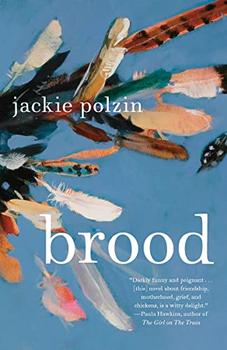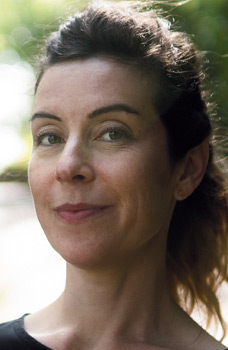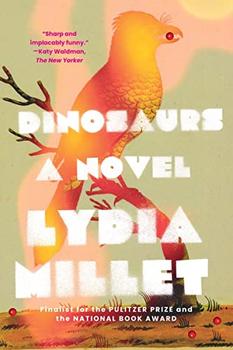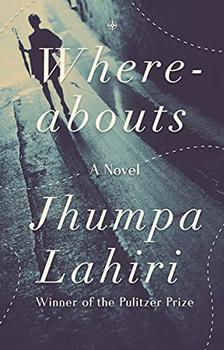Summary | Excerpt | Reviews | Beyond the book | Read-Alikes | Genres & Themes | Author Bio

An exquisite new literary voice - wryly funny, nakedly honest, beautifully observational, in the vein of Jenny Offill and Elizabeth Strout - depicts one woman's attempt to keep her four chickens alive while reflecting on a recent loss.
Over the course of a single year, our nameless narrator heroically tries to keep her small brood of four chickens alive despite the seemingly endless challenges that caring for another creature entails. From the forty-below nights of a brutal Minnesota winter to a sweltering summer which brings a surprise tornado, she battles predators, bad luck, and the uncertainty of a future that may not look anything like the one she always imagined.
Intimate and startlingly original, this slender novel is filled with wisdom, sorrow and joy. As the year unfolds, we come to know the small band of loved ones who comprise the narrator's circumscribed life at this moment. Her mother, a flinty former home-ec teacher who may have to take over the chickens; her best friend, a real estate agent with a burgeoning family of her own; and her husband whose own coping mechanisms for dealing with the miscarriage that haunts his wife are more than a little unfathomable to her.
A stunning and brilliantly insightful meditation on life and longing that will stand beside such modern classics as H is for Hawk and Gilead, Brood rewards its readers with the richness of reflection and unrelenting hope.
There is a bittersweet tone to this short work. It's not for those who need a lot of plot, or who don't like the feeling that information is being withheld; events have surface meaning, and could also be interpreted allegorically, but ultimately, it surprised me to what extent the book really is about chickens. Early on, I felt impatient to move on and learn more about the narrator. But that's not the kind of novel this is; it's no tell-all. Rather, it's a low-key, genuine portrait of life in the in-between stages and how it can be affected by fate or by other people's decisions...continued
Full Review
 (825 words)
(825 words)
(Reviewed by Rebecca Foster).
 Jackie Polzin talks about her debut novel, Brood, and how her own experience caring for chickens contributed to it.
Jackie Polzin talks about her debut novel, Brood, and how her own experience caring for chickens contributed to it.
First of all, why chickens?
When I was 30, my partner and I got chickens. They were my first pets since childhood. I compensated by giving them a lot of attention, and that attention inspired the book. I knew I could spend time with the ideas the chickens provoked. Some broad ones: that a chicken's egg-heavy existence seldom bears new life; that a chicken is a pet whose value is complicated by its utility, often thought of as less-than when it stops laying eggs; that caring for a chicken yields very little emotional feedback. These ideas aren't stated directly but they're part of the story and quite specific to ...

If you liked Brood, try these:

by Lydia Millet
Published 2023
Over twelve novels and two collections Lydia Millet has emerged as a major American novelist. Hailed as "a writer without limits" (Karen Russell) and "a stone-cold genius" (Jenny Offill), Millet makes fiction that vividly evokes the ties between people and other animals and the crisis of extinction.

by Jhumpa Lahiri
Published 2022
A marvelous new novel from the Pulitzer Prize winning author of The Lowland and Interpreter of Maladies--her first in nearly a decade.